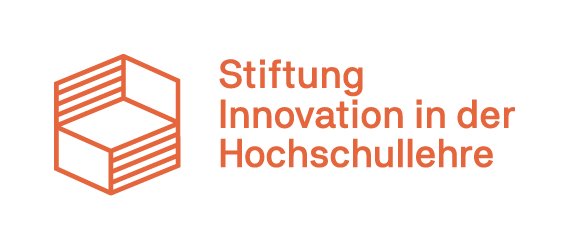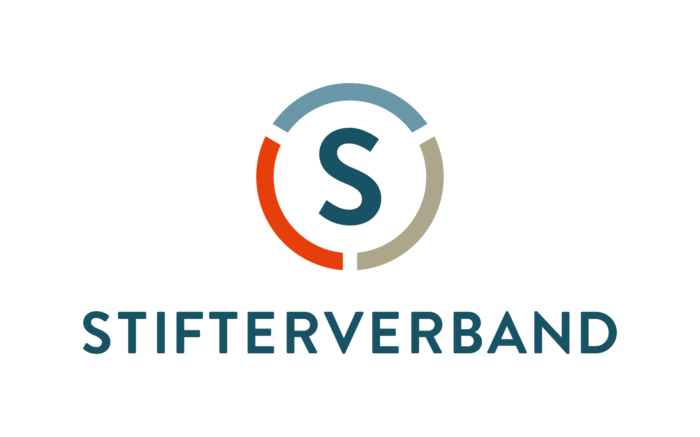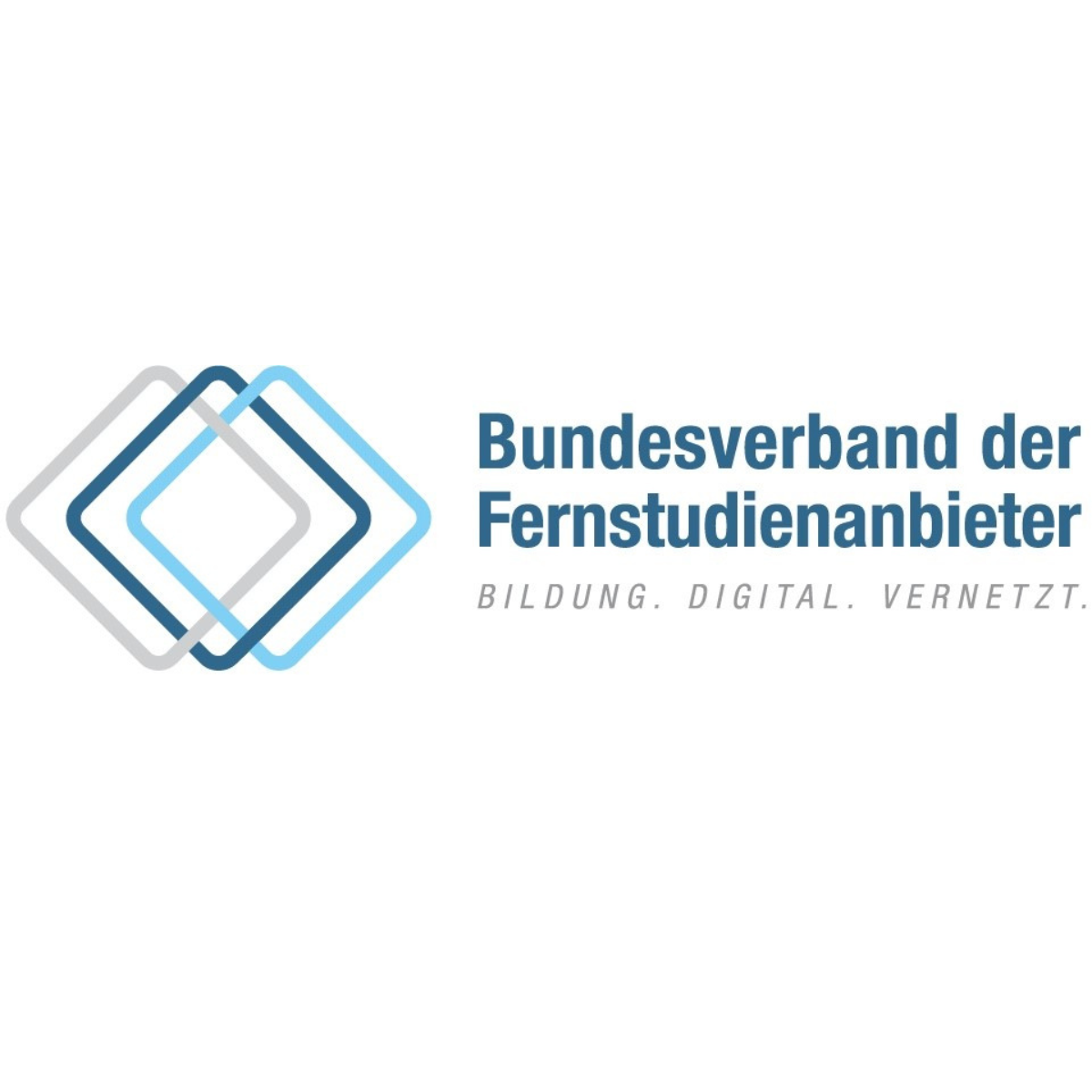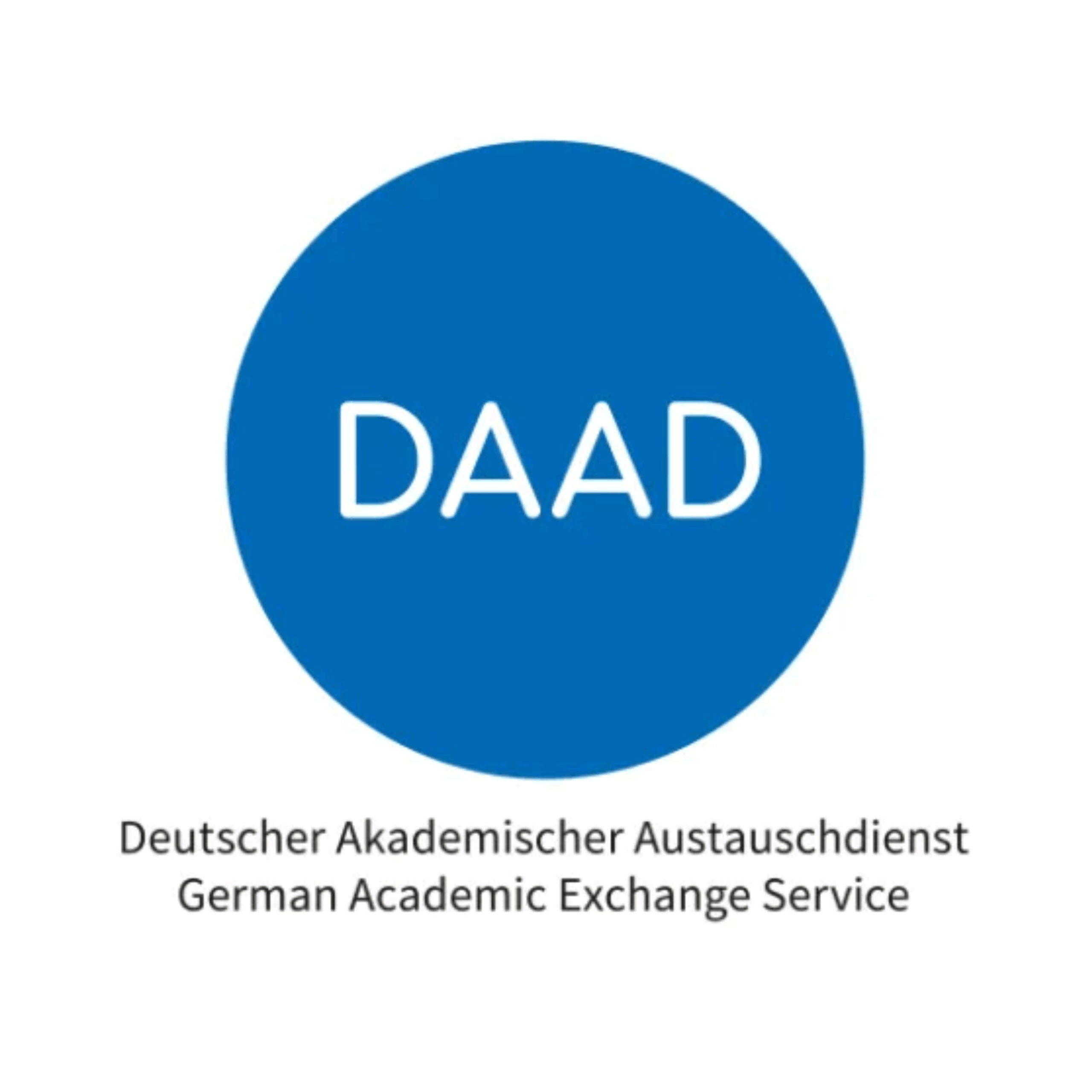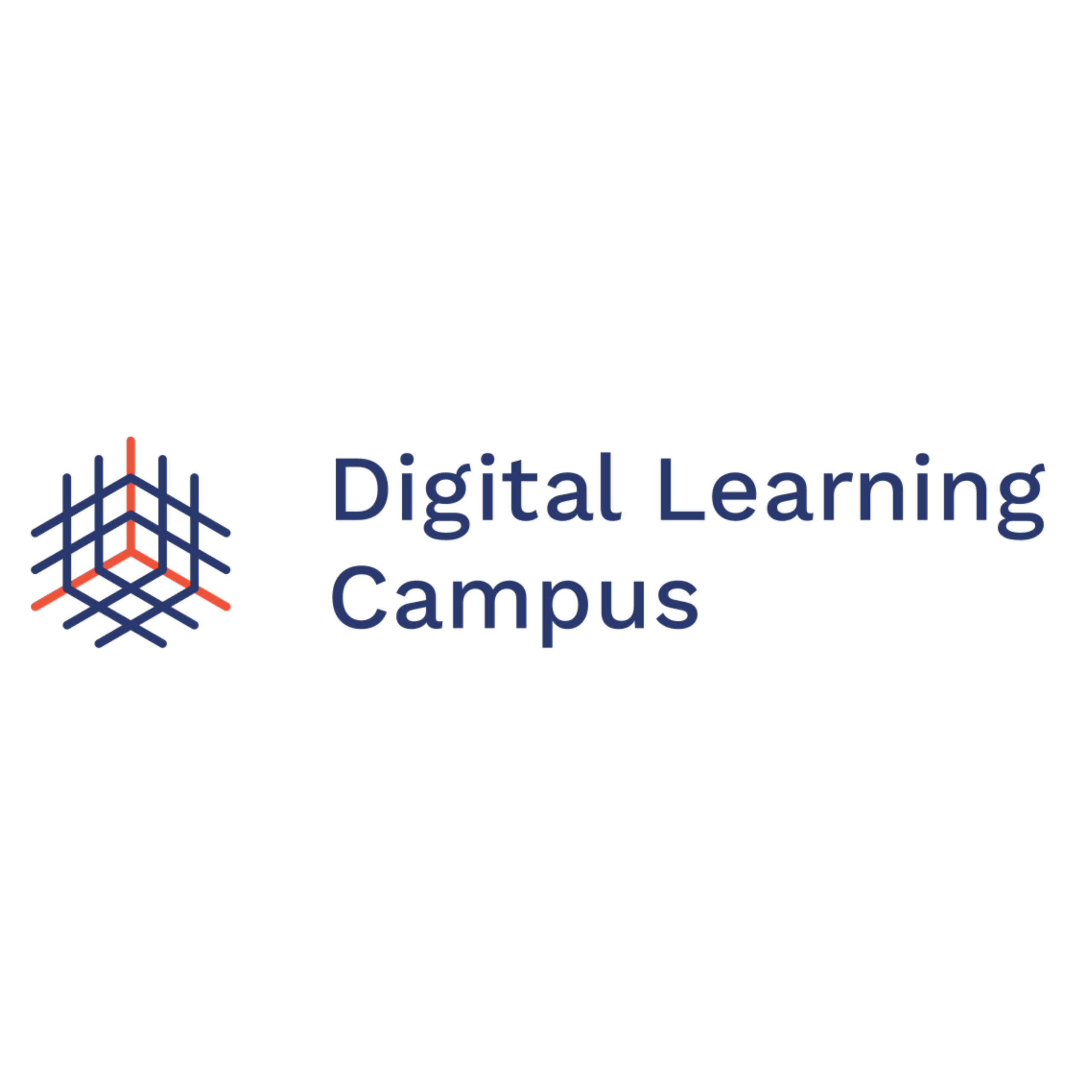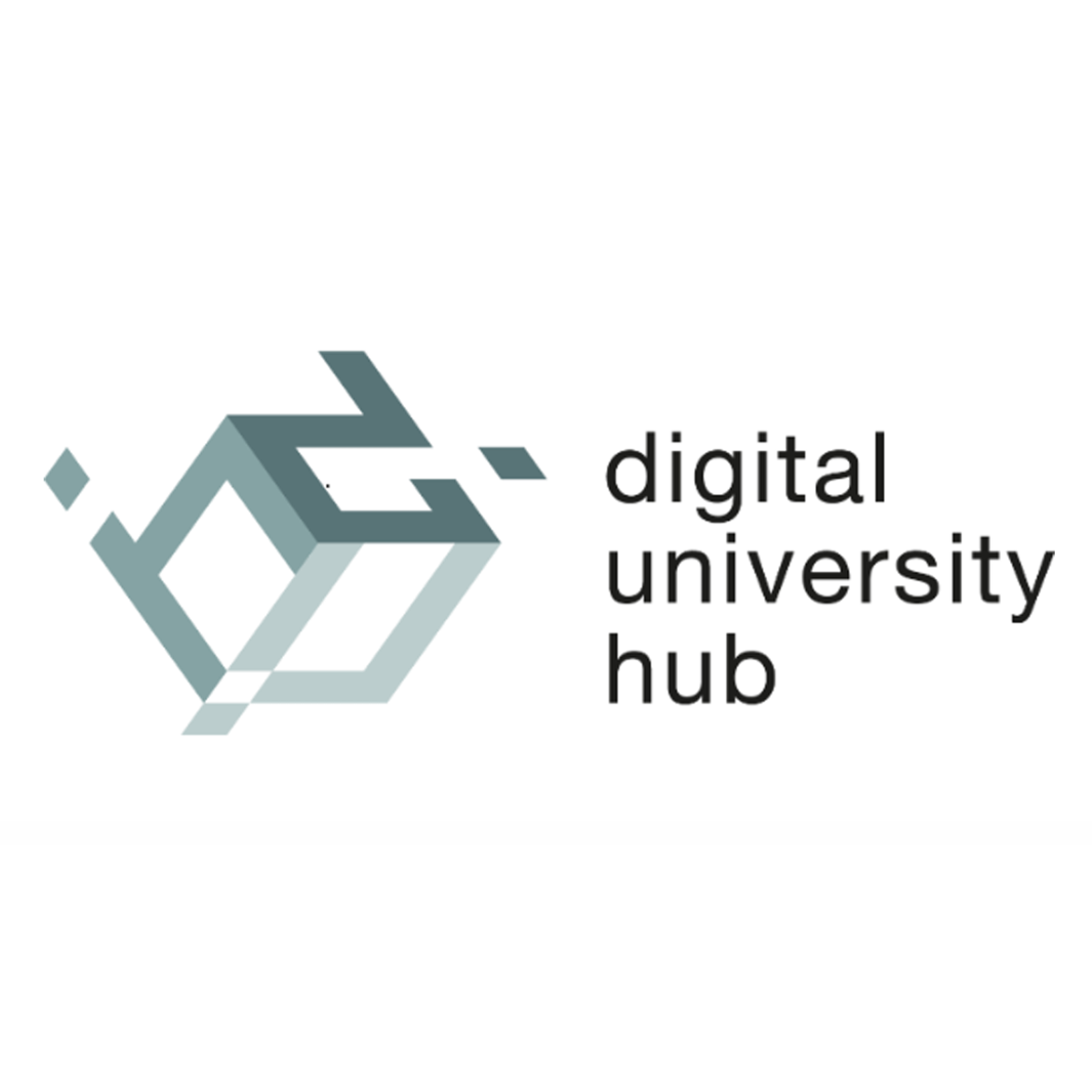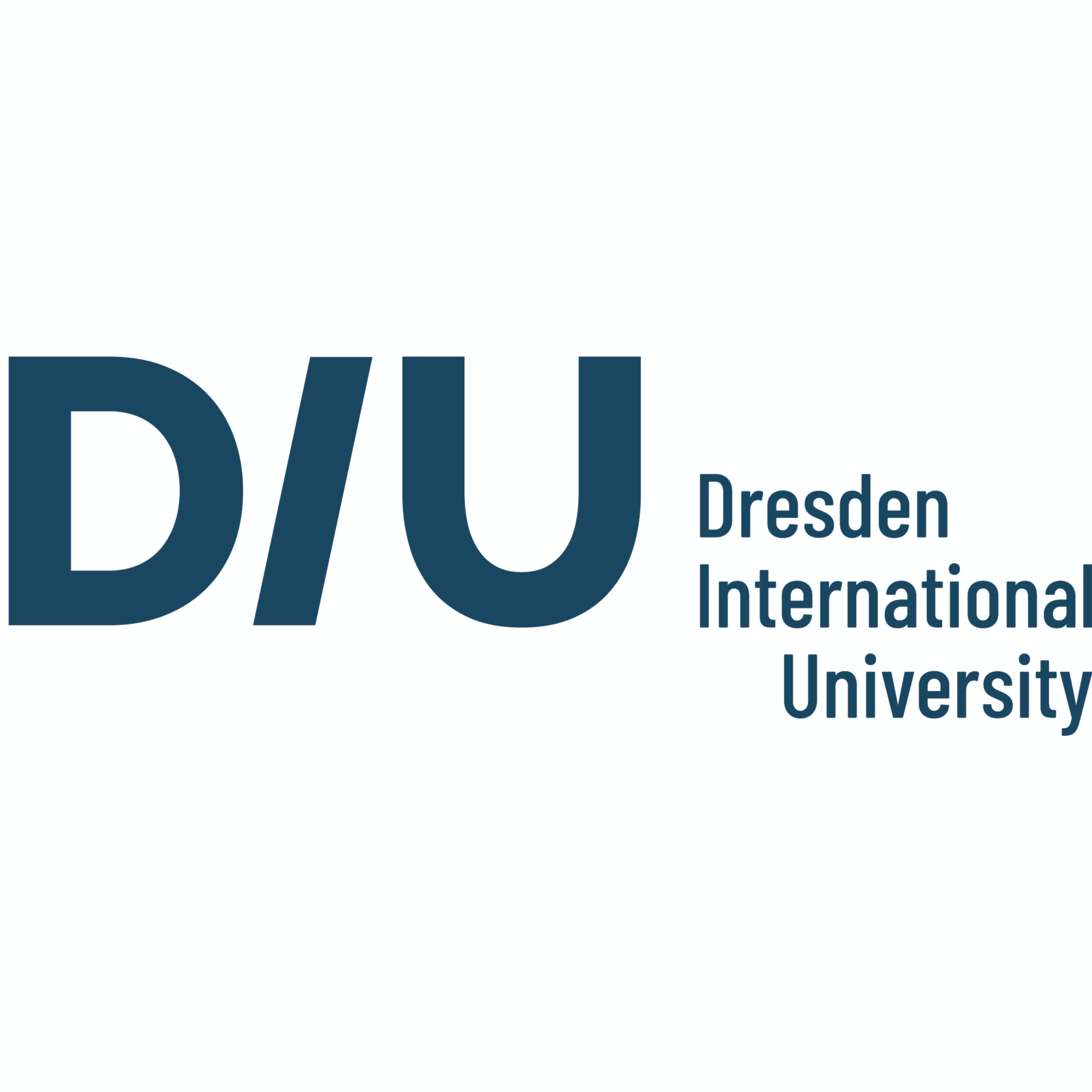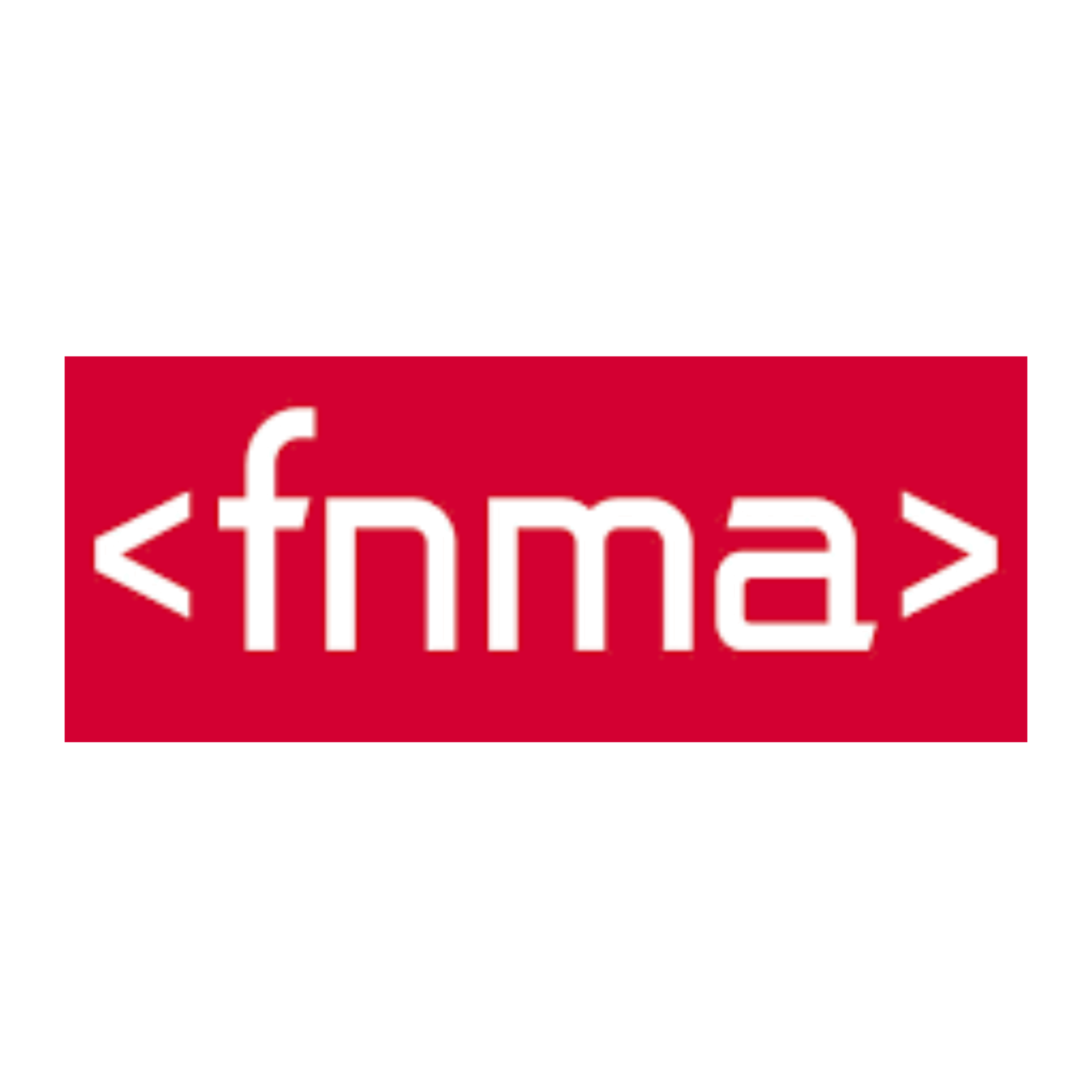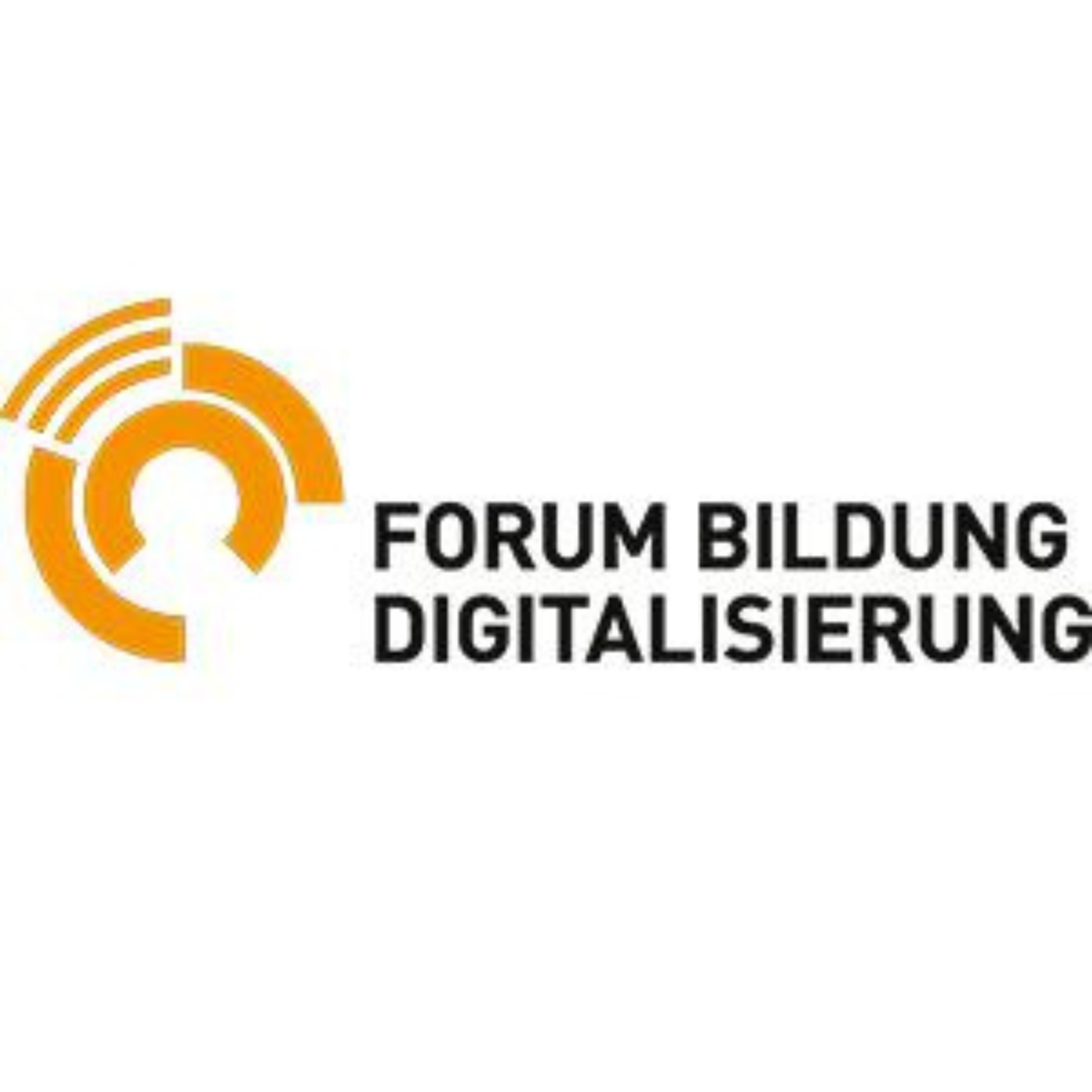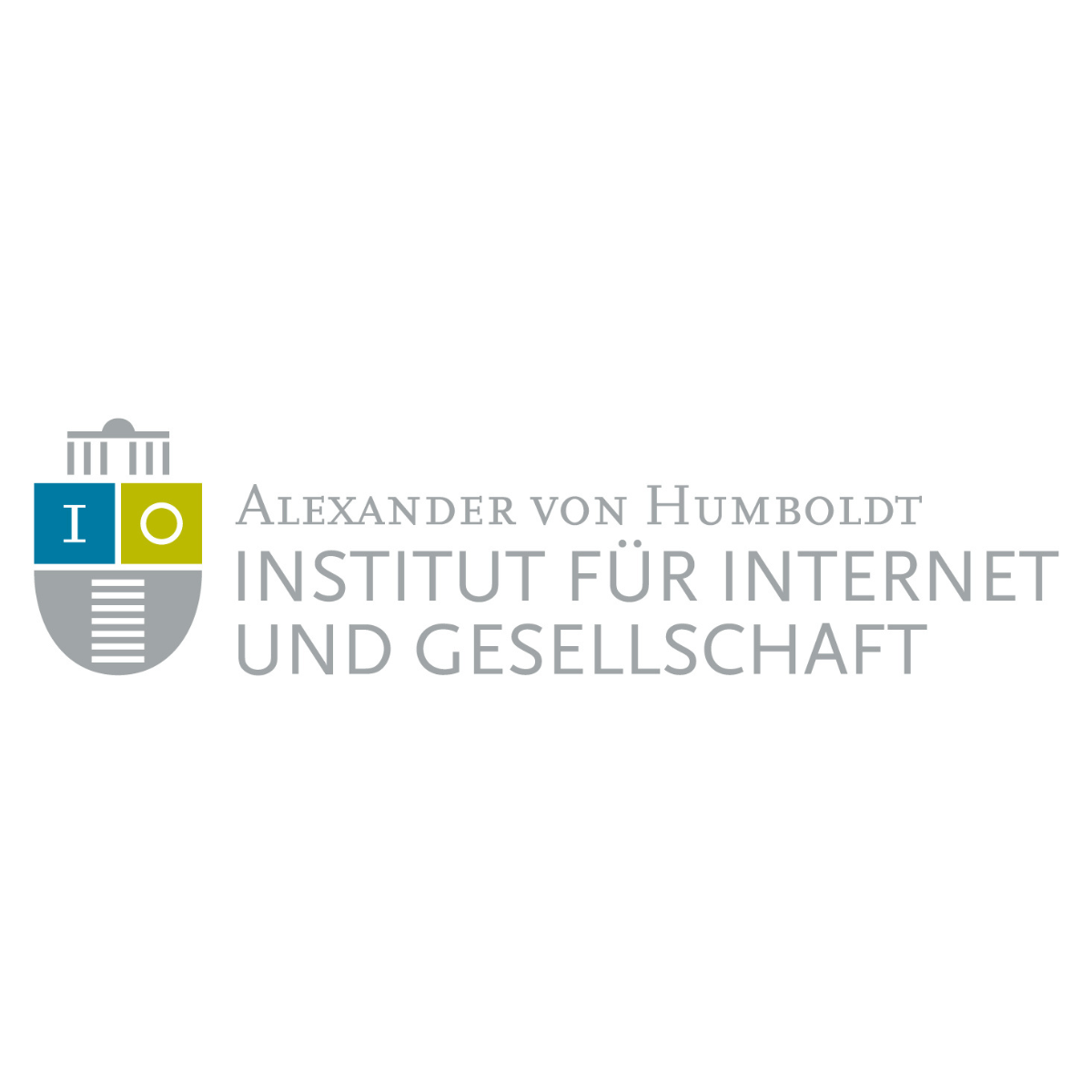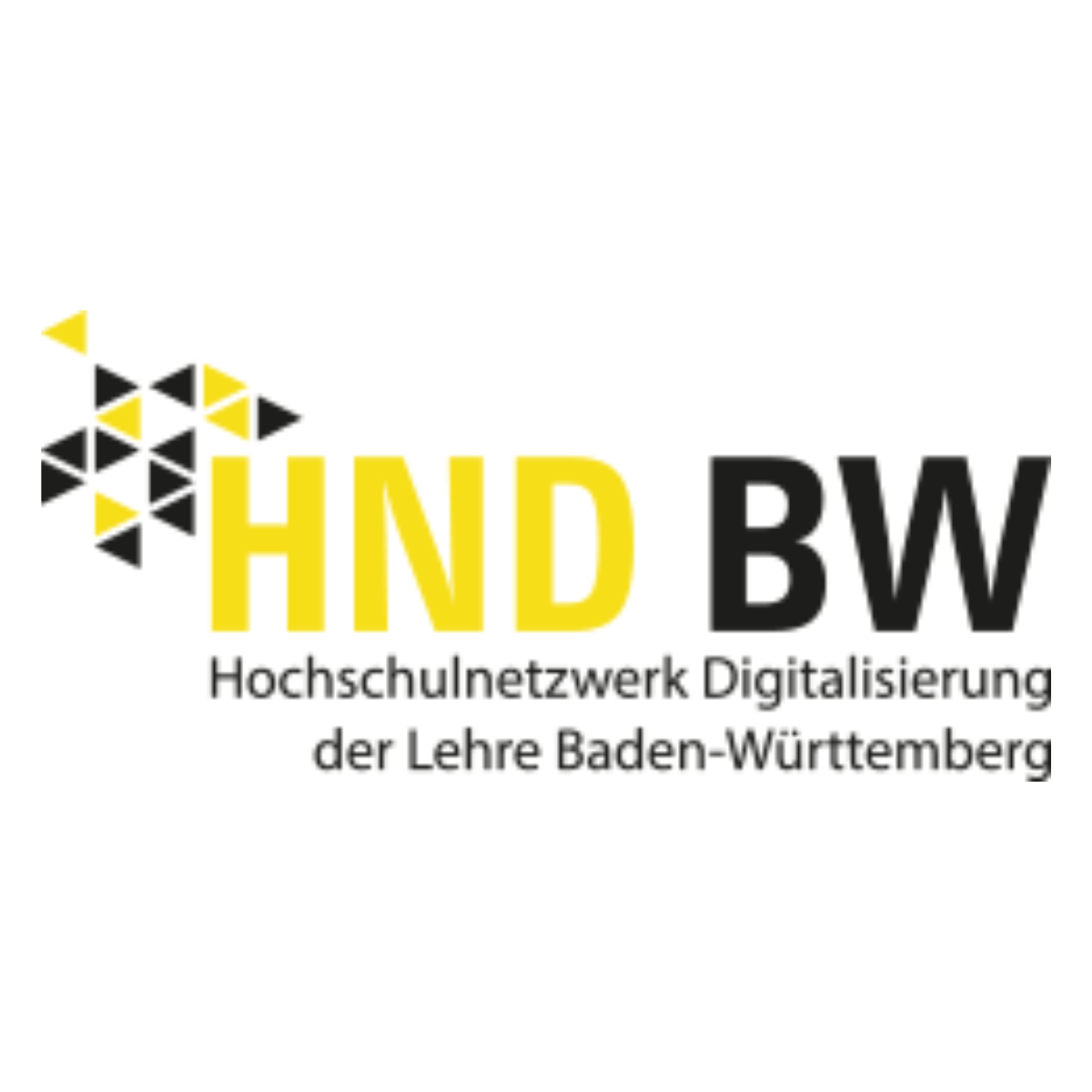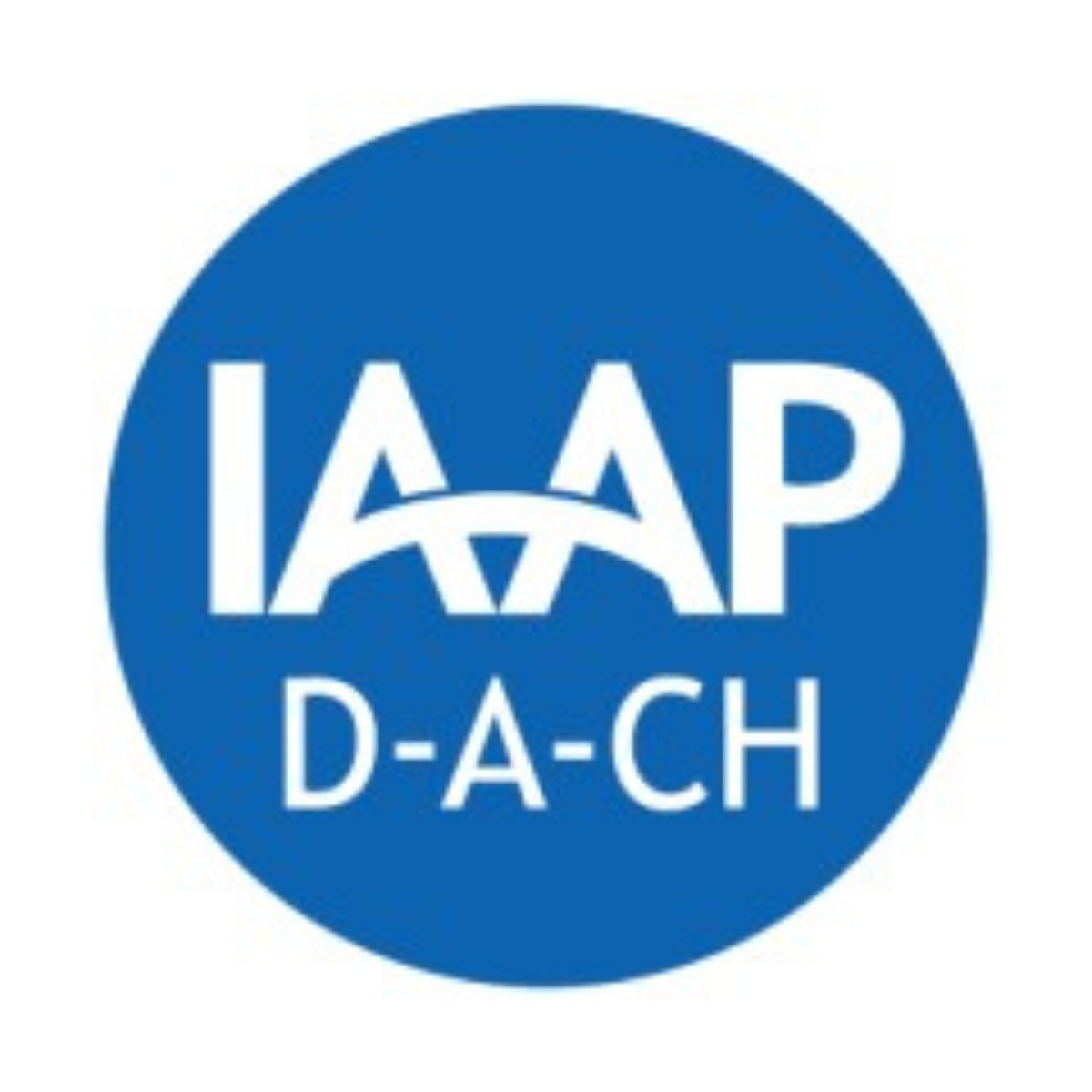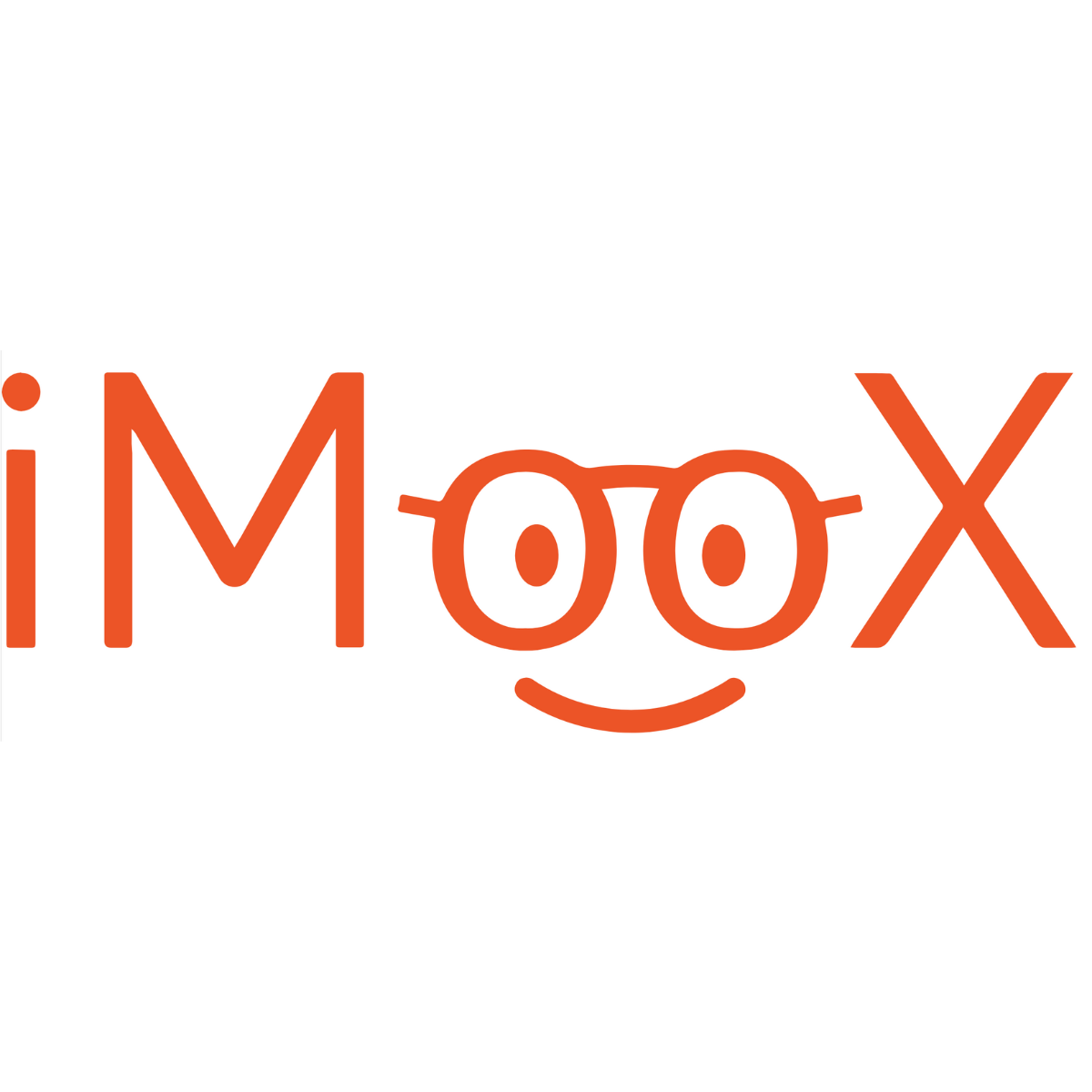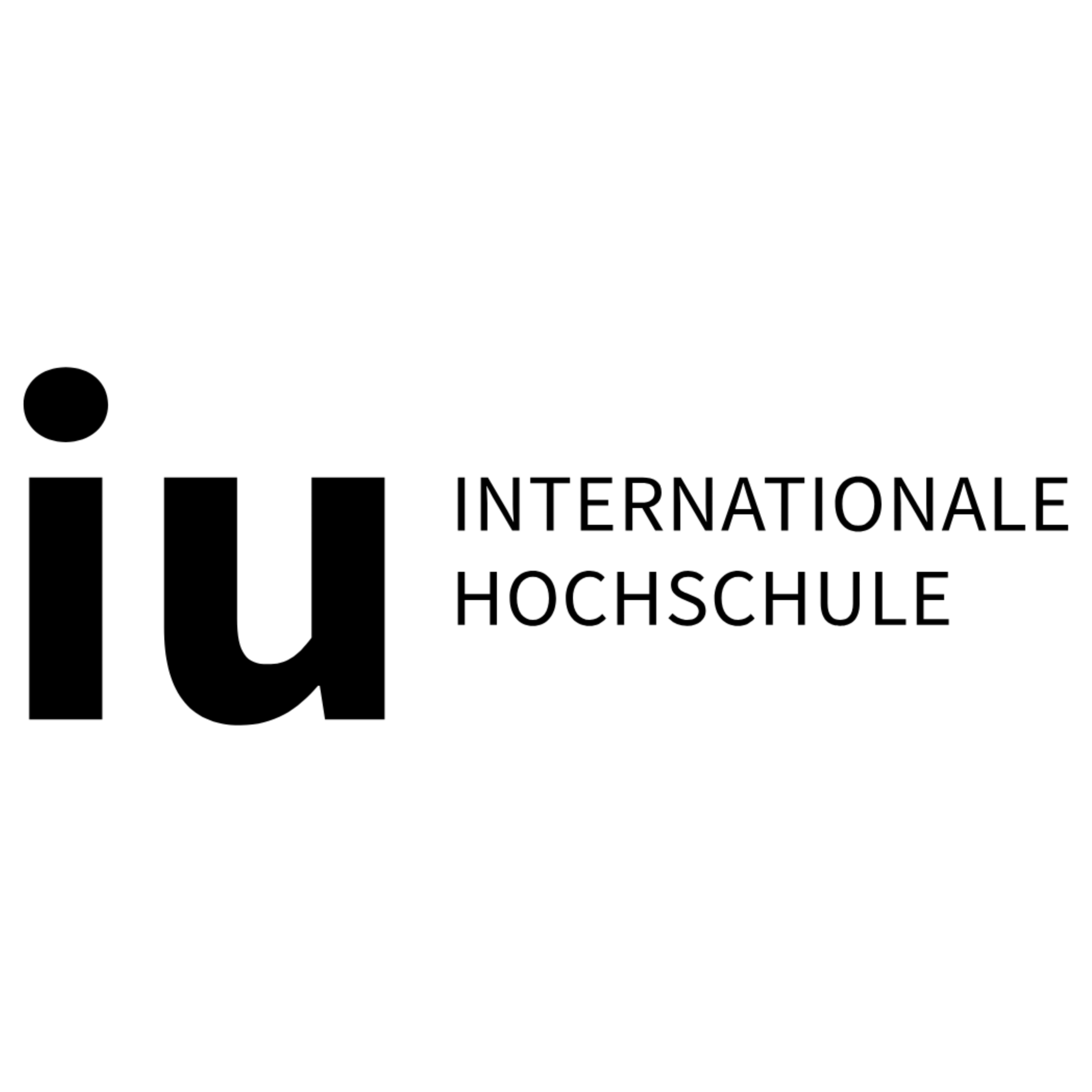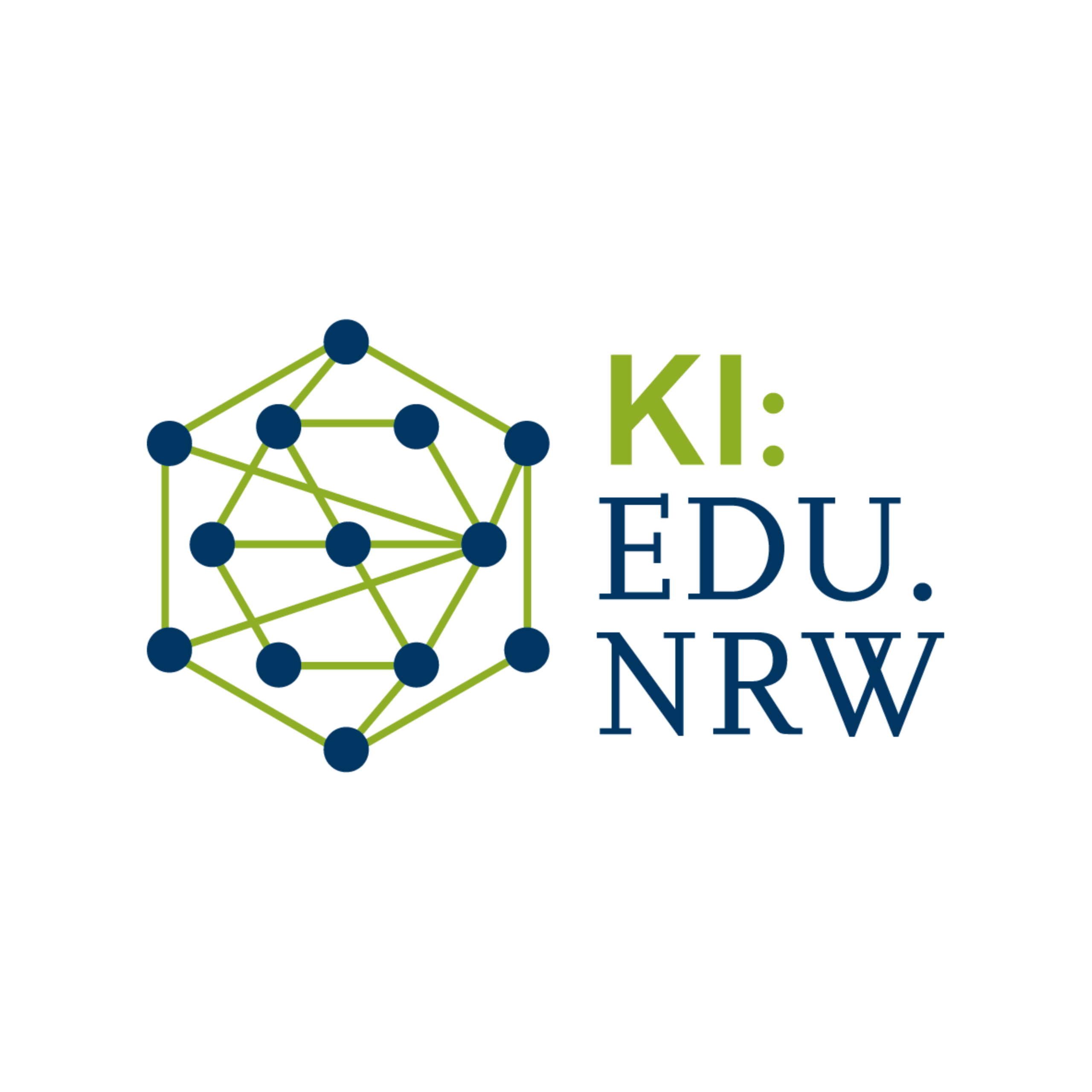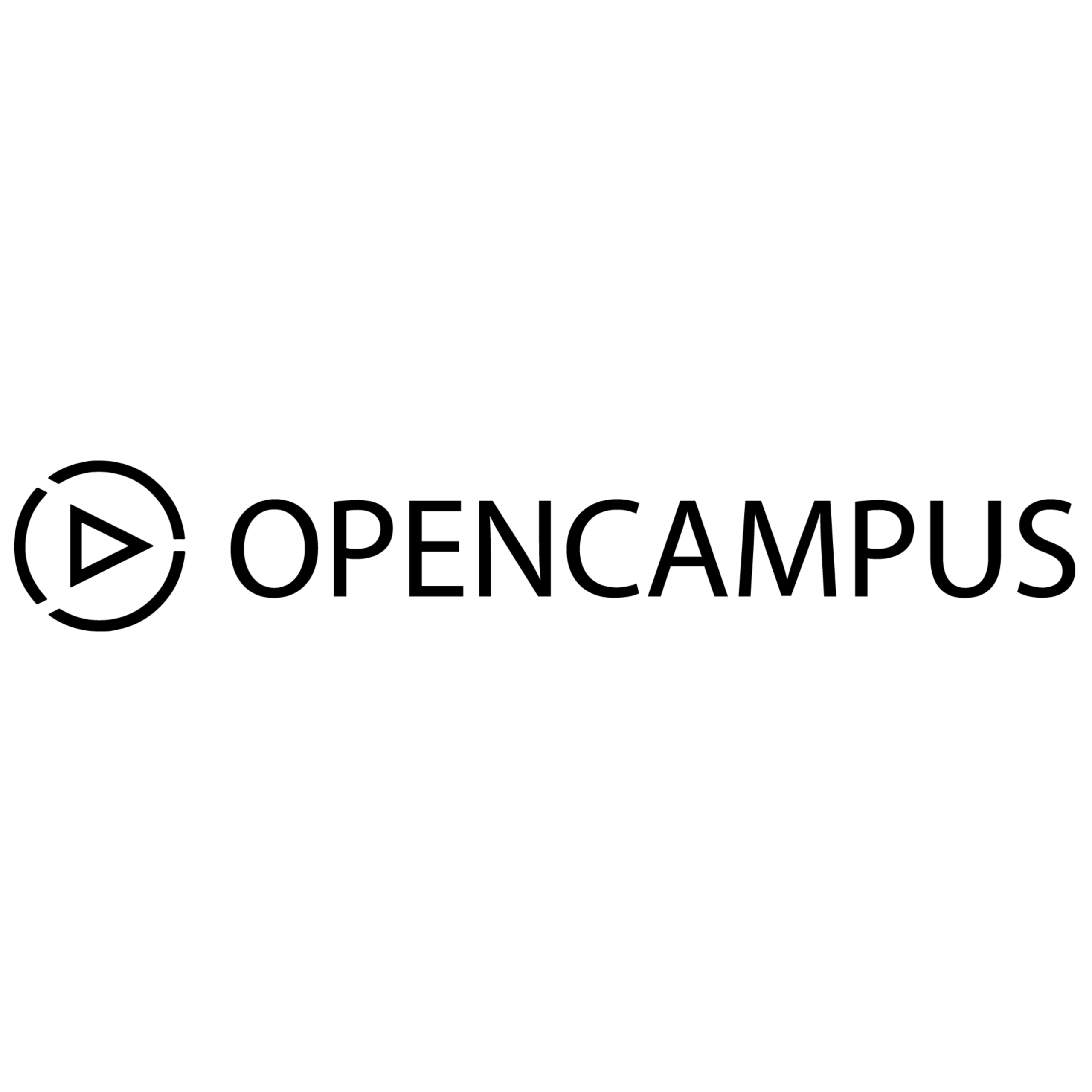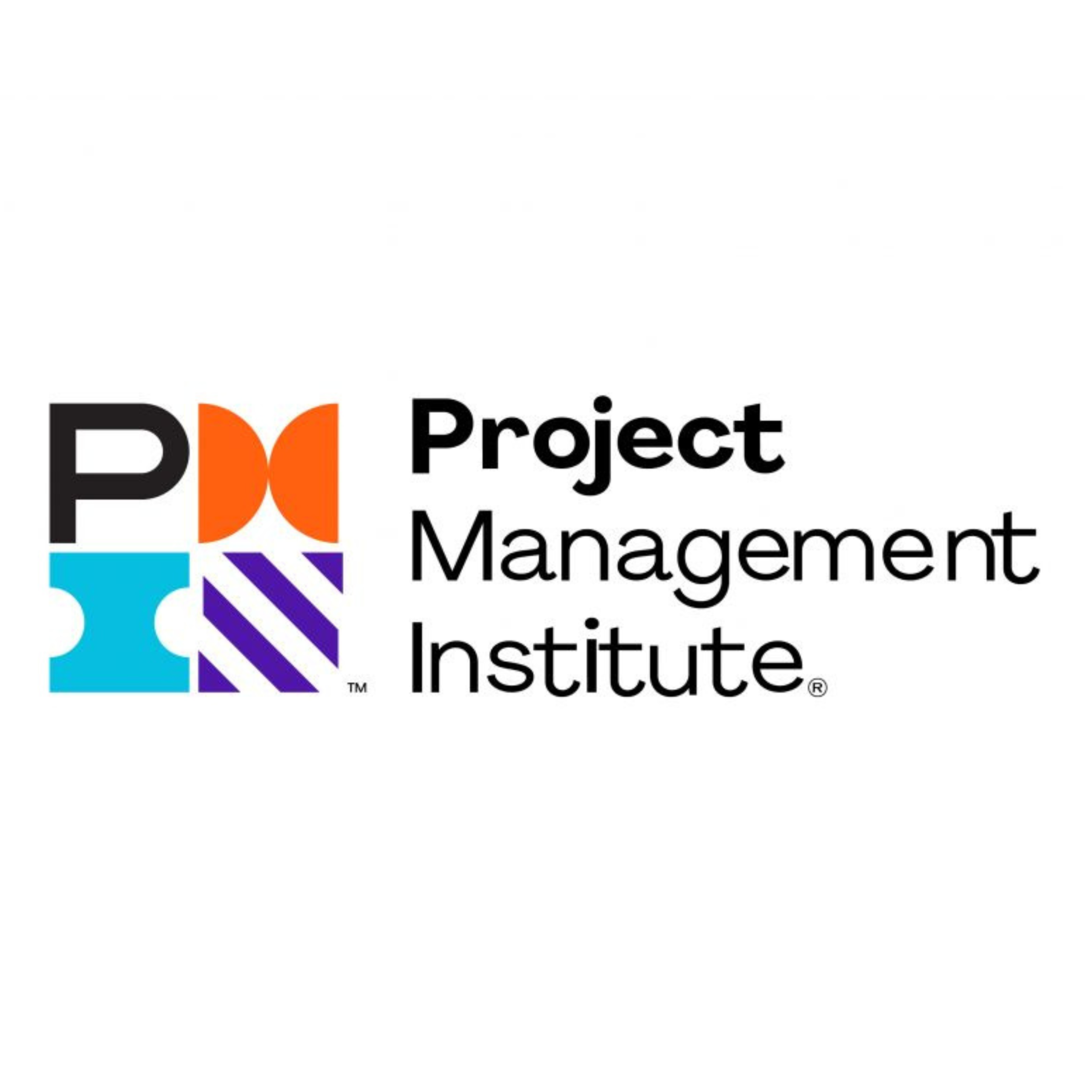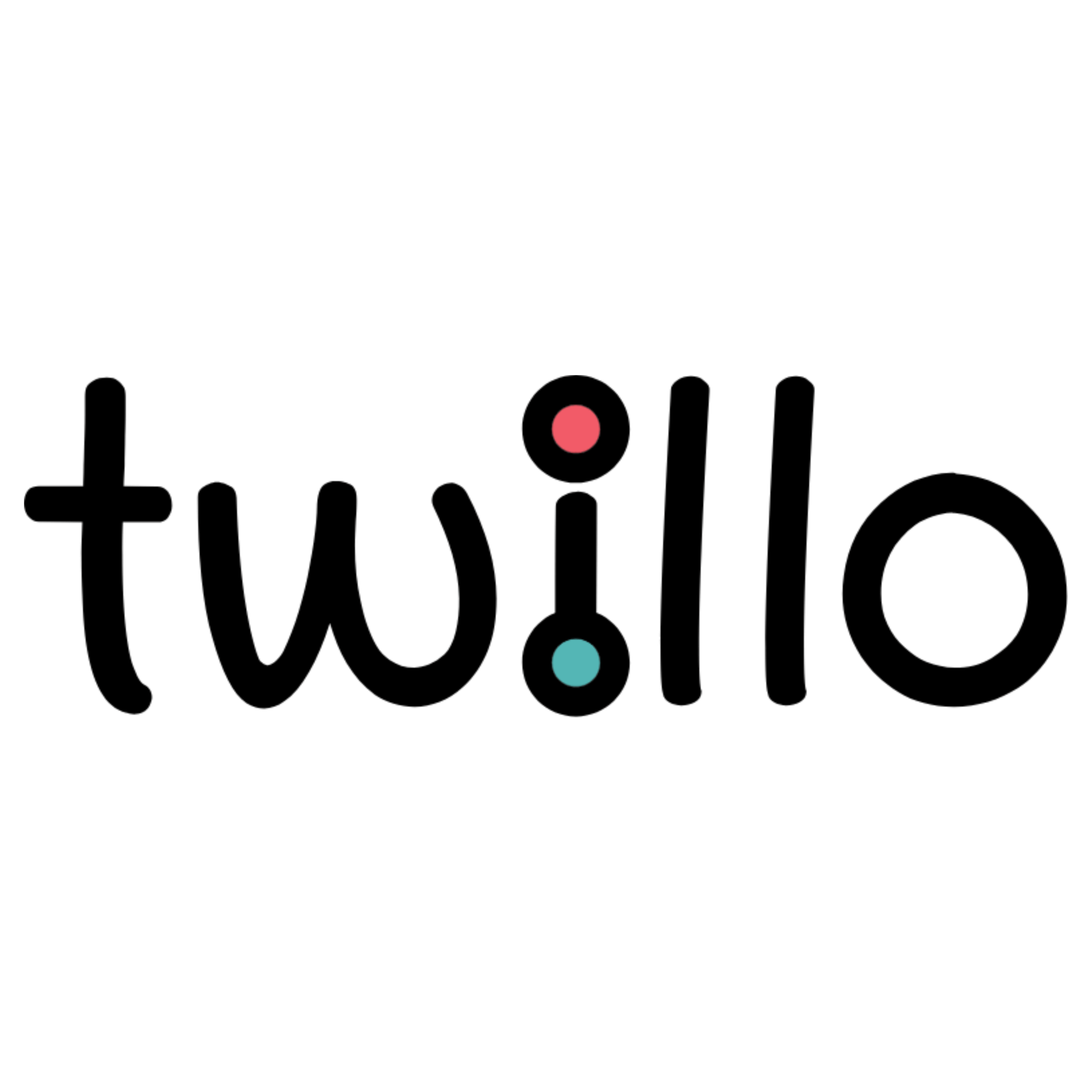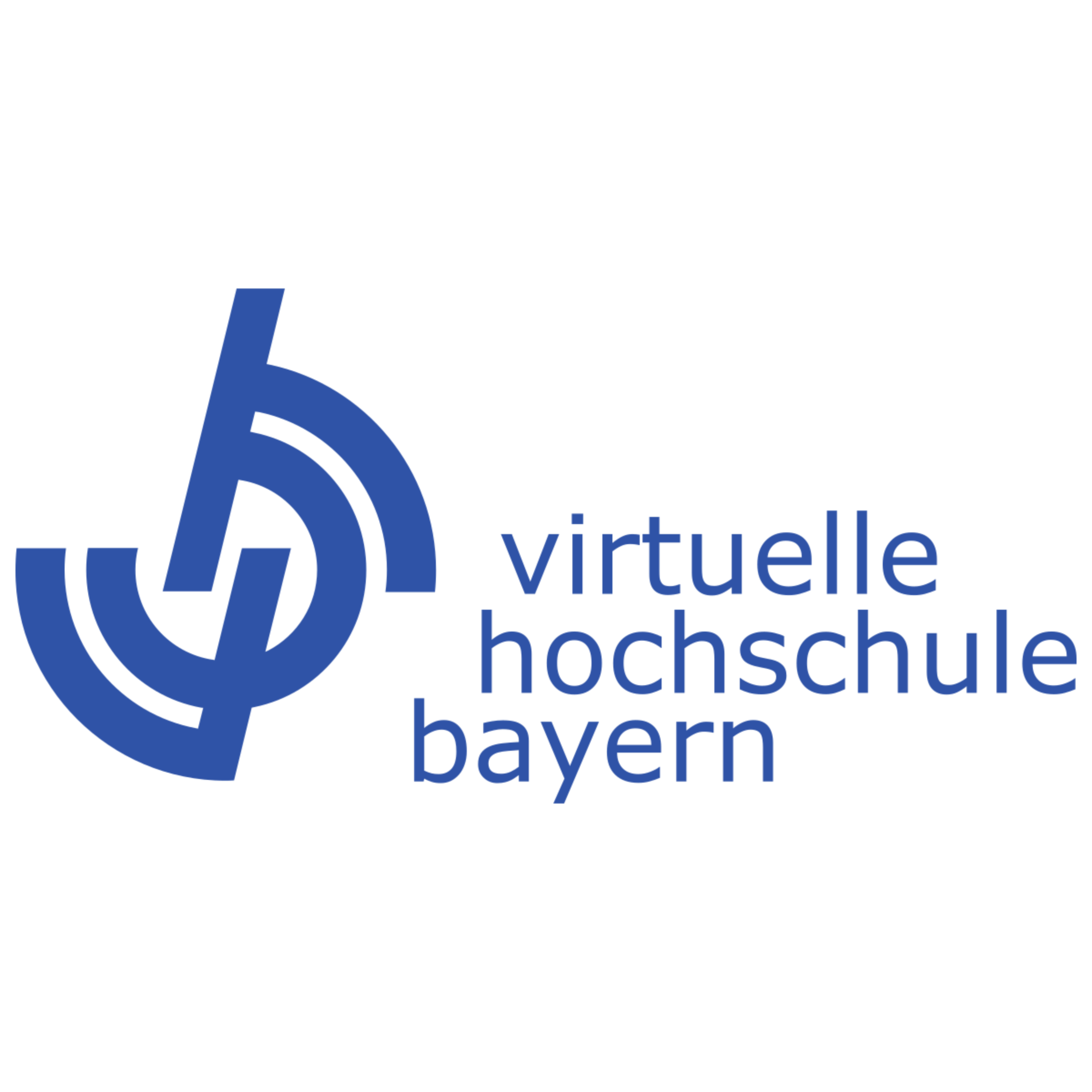Partners 2026
We see ourselves as part of a network. Therefore, we are especially happy about the support of our partners without whom the University:Future Festival would not be possible!
Organisers
Stage partners
Network partners
Cooperation partners
The University:Future Festival is a cooperation of Hochschulforum Digitalisierung, Stiftung Innovation in der Hochschullehre and Stifterverband.

The Hochschulforum Digitalisierung orchestrates the discourse on higher education in the digital age. As a central initiator, we inform, advise and network with members of universities, policy makers, business representatives and society. The Hochschulforum Digitalisierung was founded in 2014. It is a joint initiative of the Donors’ Association for the Promotion of Sciences and Humanities in Germany (Stifterverband für die Deutsche Wissenschaft), the CHE Center for Higher Education Development and the German Rectors’ Conference (HRK). It is funded by the German Federal Ministry of Education and Research.
Since 2021, the Stiftung Innovation in der Hochschullehre aims to enable innovation in teaching and learning at universities and to strengthen the renewal capacity of university teaching overall and on an ongoing basis. The foundation supports suitable projects that are anchored at individual universities or implemented in a network. In addition, it creates networking opportunities for the actors. It also supports the exchange of project results, successes and challenges and makes shared knowledge available. All funds for this scientific institution will be provided by the federal and state governments.
Stifterverband is a joint initiative started by companies and foundations – the only one in Germany to be devoted entirely to consulting, networking and promoting improvements in the fields of education, science and innovation.
Stage partners 2026
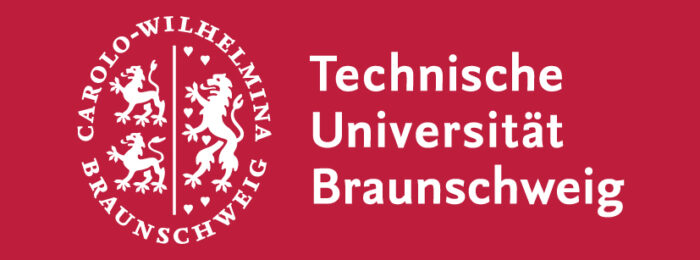
At TU Braunschweig, the self-image of a cosmopolitan and international university is put into practice. Technical innovations and social progress are always considered with people in mind. What are the social consequences of teaching and research? And what impulses can society give to teaching and research? TU Braunschweig combines the competences of engineering and natural sciences with those of economics, social sciences, humanities and educational sciences in order to find sustainable solutions for the global challenges of today and tomorrow.
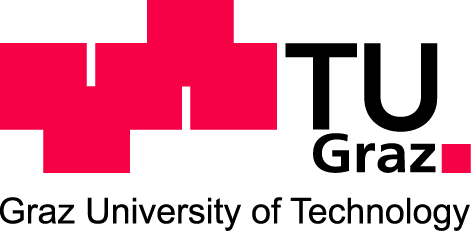
Knowledge, technology, passion – Graz University of Technology has been impressing with its achievements in teaching and research for over 200 years. Around 13,700 students and around 3,900 employees carry innovative strength and visions into the future. Five thematic areas of strength, cooperation with science and industry and internationalisation form the profile of TU Graz.
The vision of TU Graz Teaching and Learning Technologies is, on the one hand, to enrich classroom teaching with media in order to improve didactic diversity and communication and also to ensure consistency through centralised servicing and control. On the other hand, it is about the target group-orientated expansion of online teaching and the strengthening of open education in the sense of the sustainability goals (SDG4). In this way, TU Graz combines tradition with innovation and creates a future-orientated learning environment for everyone.

The Technische Hochschule Nürnberg Georg Simon Ohm (the Ohm) is a university of applied sciences. It is one of the largest universities of applied sciences in Germany with approximately 13,000 students. The Ohm is a place of opportunity for teaching, researching, and lifelong learning. At the Ohm, we are researching important issues affecting society and developing and realising ideas for the world we live in today and for tomorrow. The university has a strong impact in the Nuremberg Metropolitan Region and beyond. Modern teaching and learning formats together with broad and practically oriented academic programmes open up outstanding professional prospects for Ohm graduates.
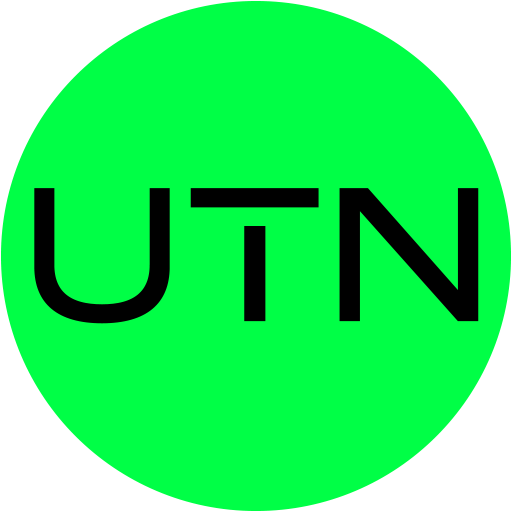
We are rethinking university! Interdisciplinary, international and digital: this is the conceptual core of the Technical University of Nuremberg (UTN). The aim is to link engineering sciences with other areas of society. The newly founded university also focuses on English-language teaching, digital forms of learning and pioneering research topics. In the medium term, the UTN campus will offer around 37 hectares of space for up to 6,000 students and combine learning, teaching and living in one place.

The University of Hamburg (UHH) is a university of excellence and one of the largest and strongest research universities in Germany. With its mission statement ‘A Flagship University: Innovating and Cooperating for a Sustainable Future in a Digital Age,’ it sees itself as a knowledge organisation that actively shapes the future of society. Sustainability and digitalisation are considered cross-cutting tasks in the spirit of ‘twin transformation’. Teacher training is a central focus of the UHH and, with its size and diversity, shapes the educational landscape of northern Germany. Here, future teachers are prepared for a world in which openness, reflective thinking and creative drive are crucial. Open Educational Resources (OER) and Open Educational Practices (OEP) play a strategic role in this: they combine digital innovation with sustainable education and exemplify the open, future-oriented teacher training that the UHH is continuing to expand.

OERcamp is a meeting place for practitioners of digital and open teaching and learning materials in German-speaking countries. The theme of OERcamps is Open Educational Resources (OER), understood as teaching and learning materials under free and open licences. The first OERcamp took place in Bremen in 2012. By March 2024, there had been 37 OERcamps in various cities throughout Germany and online. Each camp had 80-300 participants from all areas of education.OERcamps open up new and contemporary learning formats based on openness, sharing, participation and equality. They are the ideal educational format for a time when we are not only dependent on transferring fixed knowledge, but also on creating new knowledge together. OERcamps are also about sharing, discussing and negotiating solutions in a world of change. They are also a central component of networking within the framework of the OER strategy of the BMBF (Federal Ministry of Education and Research).

ORCA.nrw (Open Resources Campus NRW) is the central portal for digitally supported teaching and learning at 36 public universities, universities of applied sciences, and art and music colleges in North Rhine-Westphalia, organised under the umbrella of the Digital University NRW (DH.NRW) cooperation group. ORCA.nrw promotes cooperation between universities in digitally supported teaching and makes their activities visible throughout the state. Co-organisers are the networks hdw nrw and Hochschuldidaktik NRW, KI:edu.nrw, Moodle.nrw and ILIAS.nrw, as well as the Kompetenzzentrum Digitale Barrierefreiheit.nrw (Competence Centre for Digital Accessibility) and the digiLL university network. They all stand for networking – in North Rhine-Westphalia and beyond.
